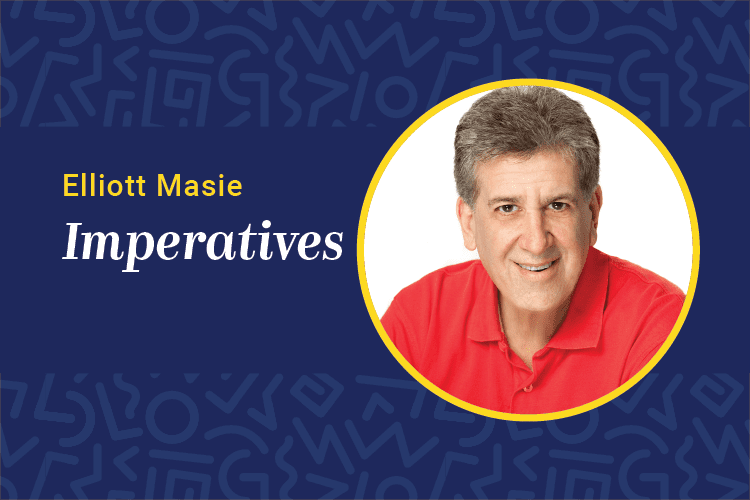The average duration of a CLO’s tenure is 18-24 months. Combined with a rough and uncertain economy, many learning leaders are facing interviews for their next positions as chief learning officers.
Here are some questions you should ask your next potential employer as they interview you for a CLO role:
1. What is the learning culture of this organization? How do you explain the role of learning to potential employees or shareholders?
2. Is this a teaching, as well as a learning, organization? How much time is a senior executive expected to spend teaching?
3. What is “chief” about the CLO role?
4. How much face time will I have with the CEO, COO and the board?
5. What is the relationship — formal and informal — between the current CLO and the CEO?
6. Will I be asked to coach the CEO or other top-level executives?
7. What was this role before it became CLO? Who filled it and why did it evolve?
8. What percentage of my role will be strategic, operational or consultative?
9. In previous economic downturns or industry challenges, how did the organization change its learning budget and deployment?
10. What is the “lessons learned” process in the organization? When there is a major organizational failure or success, how does the company process the learning that results from the experience?
11. What is the breakdown of learning/training spend?
12. What learning projects have been eliminated in the past five years?
13. What is the role and percentage of technology used in the delivery of learning and training within your organization?
14. How do employees view e-learning, webinars, simulations and other forms of technology-delivered learning?
15. What is the culture of on-the-job training and informal learning in your organization?
16. At the end of one year, what will be the key indicators of my success in this role?
17. How would you describe the learning styles of our top five senior executives?
18. Which organizations have you benchmarked with to compare and contrast approaches to learning?
19. What is the knowledge management strategy for this organization, and how will I relate to this function?
20. What is the talent management strategy for this organization, and how will I relate to this function?
21. How disruptive do you want the new CLO to be?
22. Is the CLO really just a vice president for training with a fancier title? If not, how is it different?
23. What is the role of trust in this organization?
24. How does learning align with your balanced scorecard or other process models?
25. Are lean manufacturing or Six Sigma processes deployed in this organization? If so, how do they impact the learning function?
26. Do you want your CLO to be an internal business professor for senior management?
27. What books or business experts are most often quoted by management?
28. What is one “doozy” of a failed initiative that people still talk about?
29. What is the organizational attitude toward using failure as a pathway to success?
30. When the CEO leaves, what happens to the CLO?
31. Why aren’t you interviewing CLO candidates in their 20s or early 30s for this role?
32. Who in the organization thinks the CLO role is a farce?
33. If the organization had to undergo a 20 percent cut in workforce, how would it impact the learning function?
34. Why aren’t you promoting a senior business leader to the CLO role?
35. If I am hired, by what process would I be on-boarded and learn the business?
36. Final question: Who was your favorite teacher? And what did they teach you about learning?











